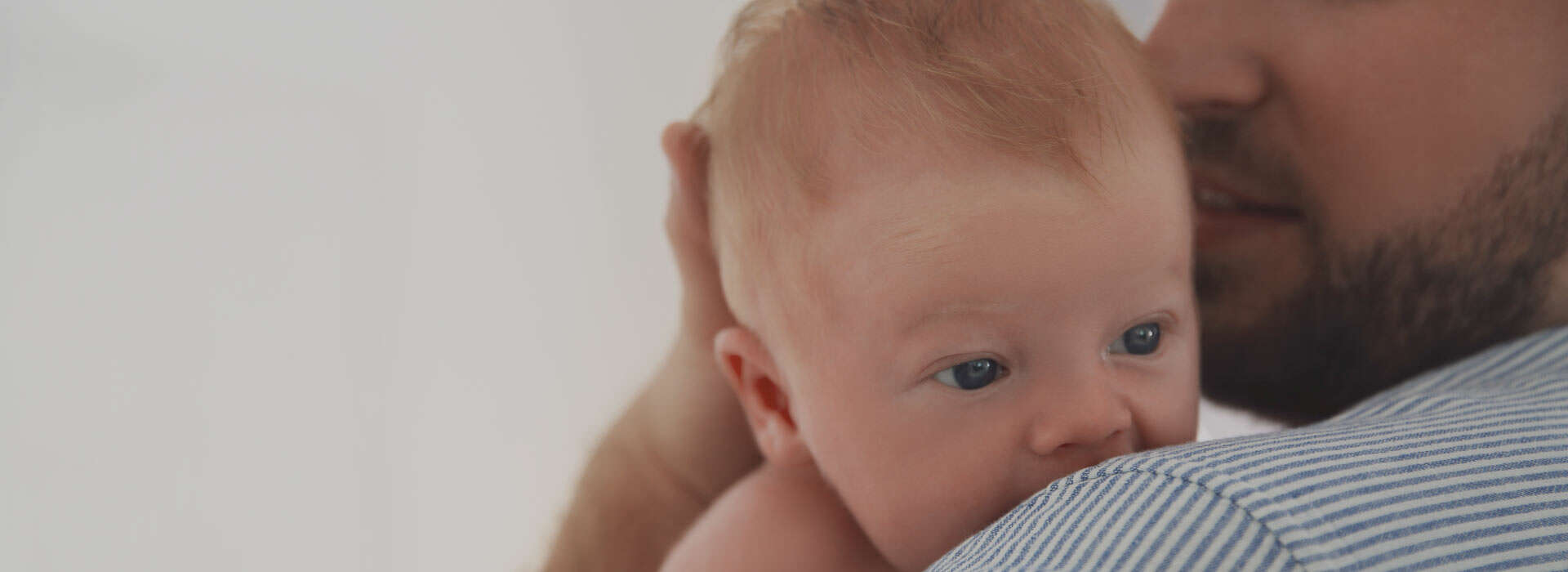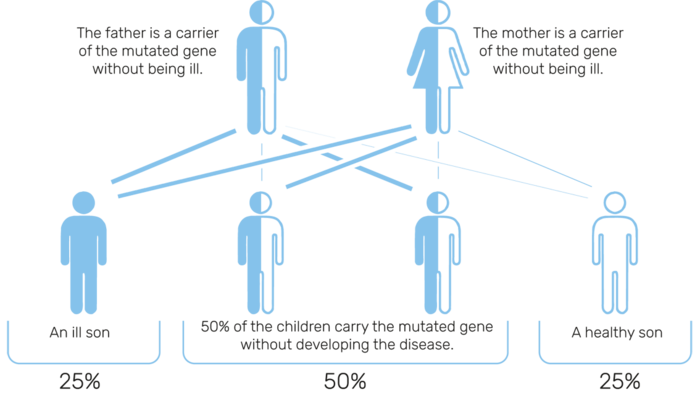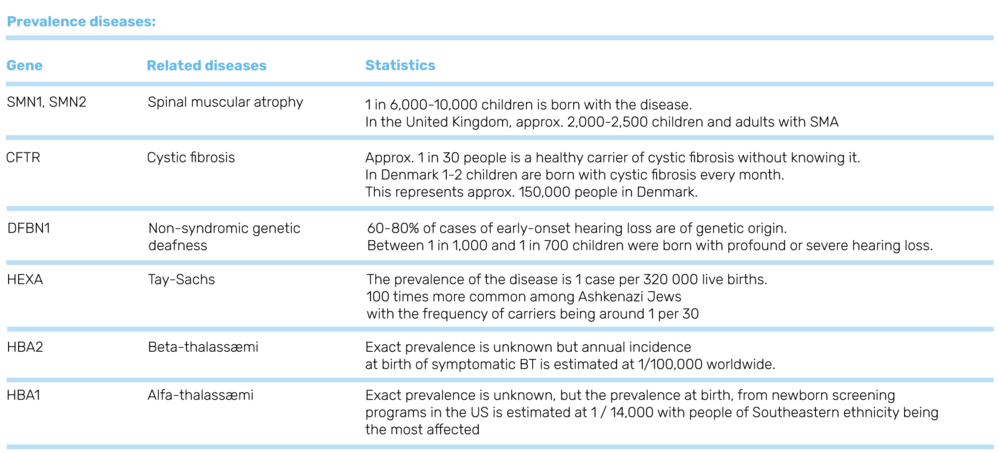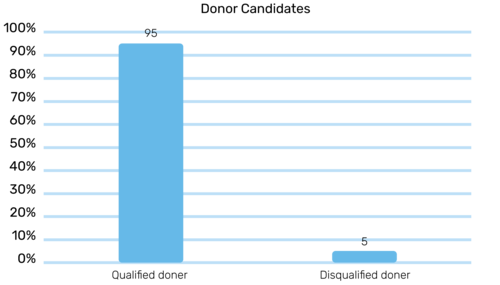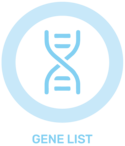 DONOR SCREANING
DONOR SCREANINGThe desire to be a parent can arise spontaneously or in a planned way. It can happen at any time of the life because there are no rules for it. The motivations are many: you may have found your ideal partner, or you are single, and you don't want to wait any longer for the right person.
When having your own family is born from responsibility, the decision is surely planned, this represents a guarantee of safety and stability for the baby. No matter what type of family you want to form, we support responsible parenthood or motherhood, that is why you are looking for a qualified donor.
Your donor can be someone you don't know or someone from your social circle. Regardless of the type of donor you prefer, you should seek medical advice to evaluate the donor candidate in a comprehensive manner, this includes physical, biological, psychological, and genetic tests.
It is important that you consider that your child will inherit 50% from the donor and 50% from you. A baby can inherit the mother's blue eyes, the donor's skin color, and can also inherit physical and genetic characteristics from the donor's parents.
DONOR SCREANING
Donor screening is a basic genetic test for donors, the test studies if there are genetic mutations in 7 genes responsible for rare diseases of recessive inheritance. Genes are selected due to the high prevalence of the disease, if a donor candidate is positive for a mutation in 1 of these 7 genes studied, this candidate cannot be a donor.HEREDITARY DISEASES
Hereditary diseases are inherited through our genetic material, from one generation to the next. In some cases, diseases can “skip” one generation and be inherited in the next; this happens in diseases with recessive inheritance. Recessive inheritance means that a person can carry disease-related mutations without being aware of it. Prevalence In medicine, a
measure of the total number of people in a specific group who have (or had) a certain
disease, condition, or risk factor at a specific point in time or during a
given period.
Prevalence In medicine, a
measure of the total number of people in a specific group who have (or had) a certain
disease, condition, or risk factor at a specific point in time or during a
given period.

Reference,-
GET TESTED BEFORE:
- Select an egg or sperm donor.
- Trying to get pregnant with a donor.
MOM+MOM /
DAD+DAD
We also wish for a baby
HOW TO DO IT?
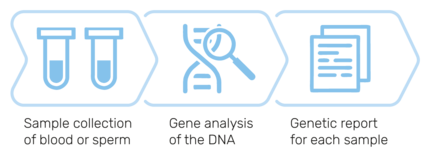
We will help you find a clinic







